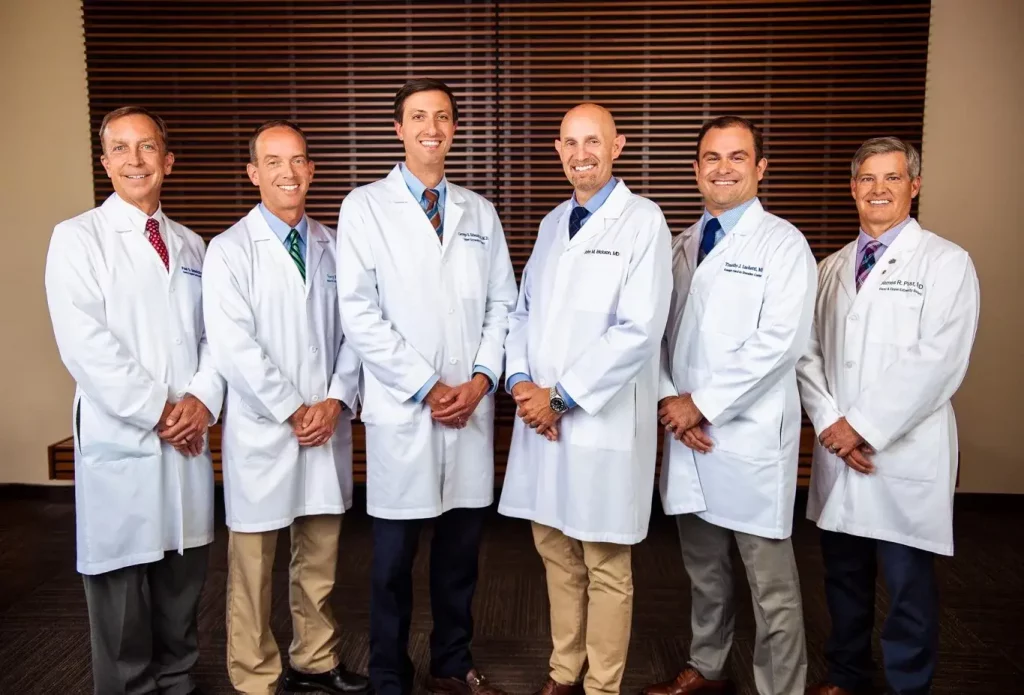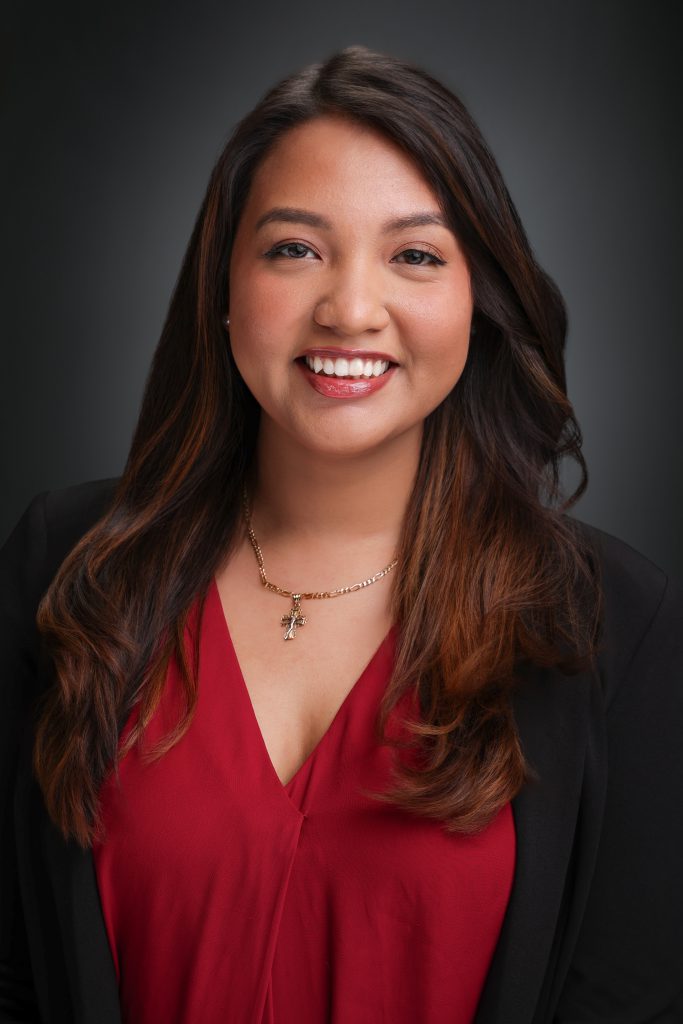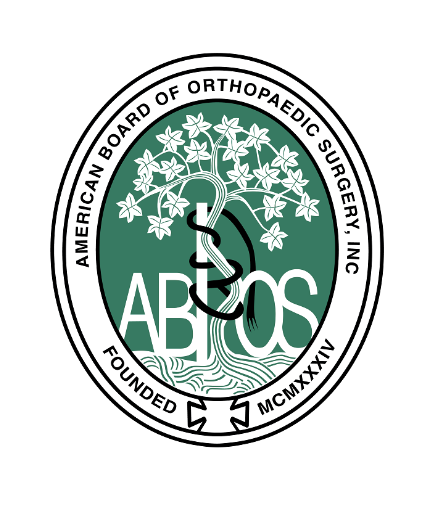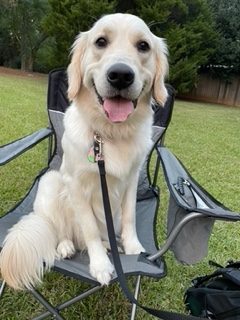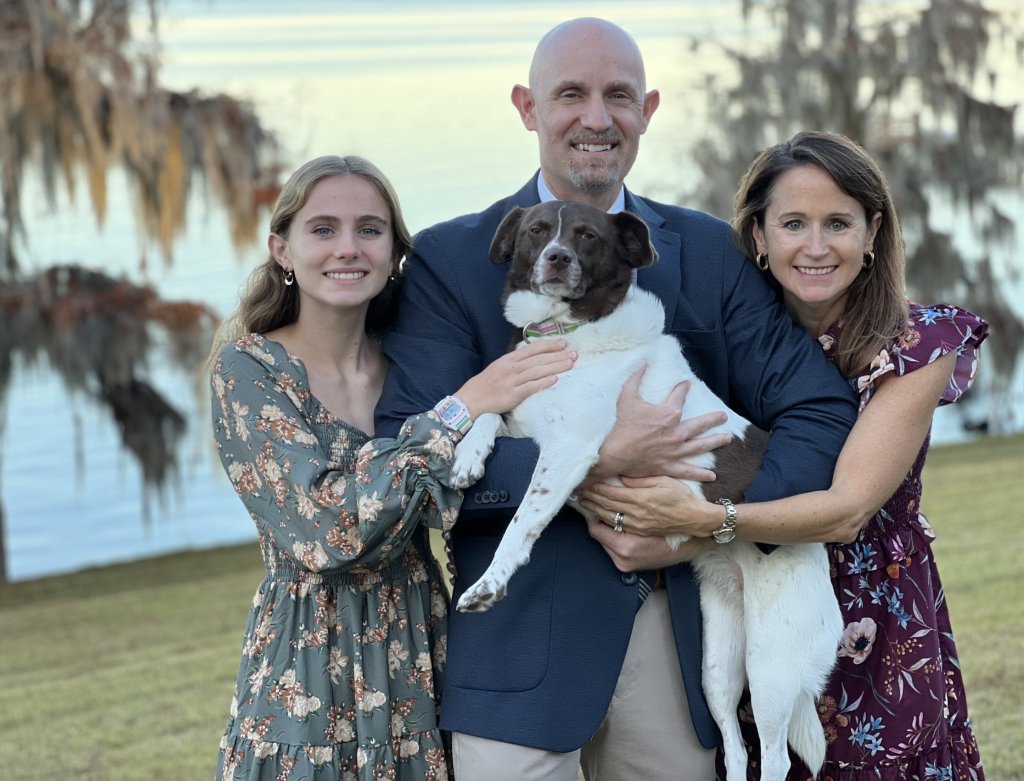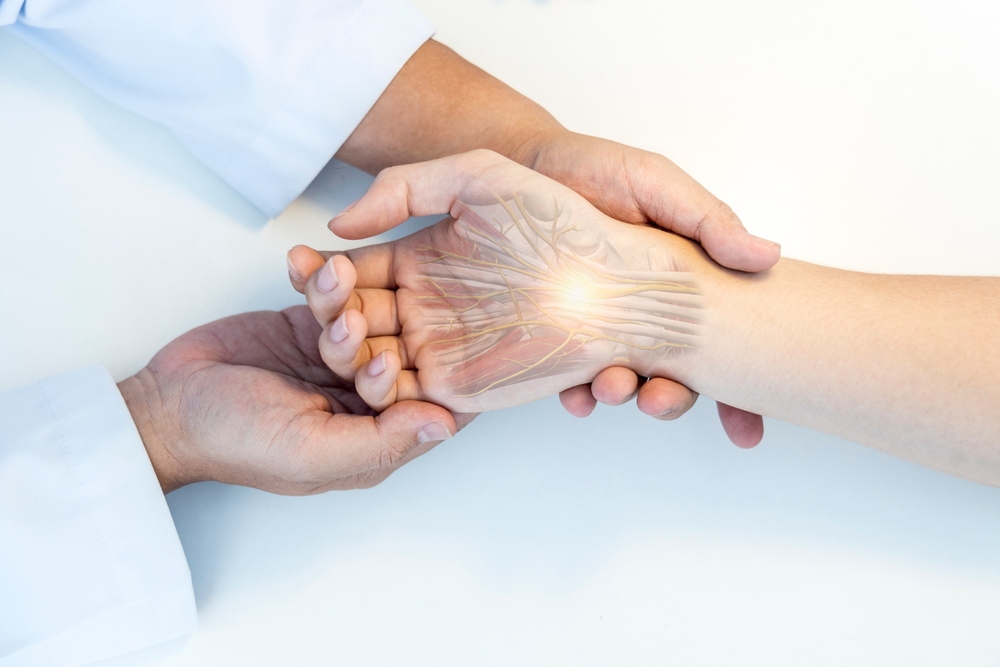The cost of medical care has increased significantly in the United States in recent years. Due to changes in health insurance plans, many patients are now responsible for paying a larger portion of the cost associated with the treatment they receive. These out-of-pocket costs cause difficulties for many families. Raleigh Hand to Shoulder Center physicians are aware of the financial burden of medical expenses for patients and strive to reduce costs in several ways.
The Raleigh Hand to Shoulder Center has been committed to providing high-quality and cost-effective treatment for many years. Since the founding of the Center, Raleigh Hand has remained an independent practice in the community. Independent physician practices have been shown to be less expensive than hospital-owned practices in recent studies.
Cost-Effective Treatment Options
Cost-effective treatment begins with providing appropriate, necessary medical care to patients. Conservative treatment options are emphasized at Raleigh Hand to Shoulder. The doctors recommend surgery only when it is necessary. Also, MRIs, CT scans, nerve tests, and other expensive tests are only ordered when required for treatment. Providing value-based care can reduce the overall cost to the patient and community.
Additionally, Raleigh Hand to Shoulder Center offers same day and next day appointments for patients with urgent problems, which reduces the need for costly emergency room visits. Avoiding the ER can save patients both time and money! The physicians are also on-call 24/7 to help triage emergency cases from doctors’ offices, urgent cares, and emergency rooms to expedite patient treatment.
Affordable Outpatient Surgery in Wake County
Raleigh Hand to Shoulder Center physicians perform the majority of their outpatient surgeries at Capital City Surgery Center, which charges a much lower facility fee than local-area hospitals. Additionally, the price of equipment and implants used during surgery has been negotiated with manufacturers to keep these costs down. Many hand procedures can be performed using local anesthesia only, avoiding the anesthesiologist’s fee. Raleigh Hand to Shoulder Center physicians maintain a low infection rate and low complication rate, reducing the need for secondary surgeries or additional treatment. Less-invasive surgery is available in many cases, allowing patients a more rapid return to their work and livelihood. Some surgical procedures can be done in the office, which is another major cost savings for patients.
Raleigh Hand to Shoulder Center physicians have been listed as preferred providers by several insurance companies by providing high-quality care at a low cost. They are also part of the high value specialty network by a local health care organization.
Payment plans are available for patients with high deductible insurance plans. Find out more at the Raleigh Hand to Shoulder Center office.
